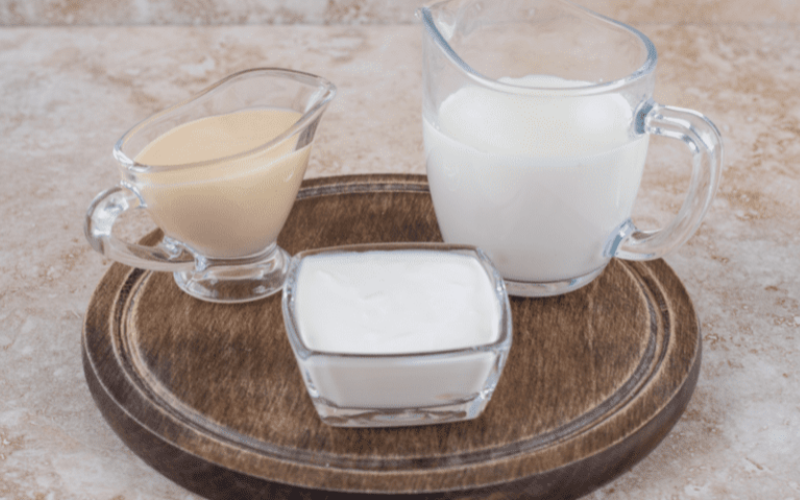Dairy Creamer Market to Hit $13.7 Billion by 2033
Source: DairyNews.today
According to latest research by Research Intelo, the Global Dairy Creamer market size was valued at $8.2 billion in 2024 and is projected to reach $13.7 billion by 2033, expanding at a CAGR of 5.8% during the forecast period of 2024–2033. The primary growth driver for the Dairy Creamer market globally is the surging demand for convenient and shelf-stable dairy alternatives in both developed and emerging economies.

The Global Dairy Creamer market is benefiting from evolving consumer lifestyles, increased out-of-home coffee consumption, and the rising preference for non-dairy and lactose-free products. The proliferation of foodservice outlets and café culture, alongside rapid innovations in product formulations, is significantly influencing the expansion and diversification of the Dairy Creamer market worldwide.
Key Drivers
The dairy creamer market is expanding rapidly, fueled by rising coffee and tea consumption worldwide. Urbanization and busy lifestyles increase demand for convenient, ready-to-use products. Consumers are seeking flavored and specialty creamers, driving product innovation. Additionally, growing interest in high-quality, organic, and health-focused ingredients encourages manufacturers to introduce premium dairy and plant-based creamers.Challenges and Opportunities
The market faces challenges such as fluctuating raw milk prices, regulatory compliance, and increasing demand for low-sugar or sugar-free options. However, significant opportunities exist in emerging economies, expanding online retail channels, and product diversification. Plant-based creamers and functional variants with added vitamins or probiotics are gaining traction among health-conscious and environmentally aware consumers, creating a promising growth avenue.Technological Advancements
Technological innovation is reshaping the dairy creamer industry. Advanced processing techniques ensure longer shelf life, improved texture, and consistent quality. Flavor enhancement technologies and microencapsulation methods allow for novel product offerings, including sugar-free and low-fat variants. Moreover, automation in production and packaging improves efficiency, reduces wastage, and supports large-scale distribution, meeting the growing global demand efficiently.Competitive Landscape
- Nestlé S.A.
- Danone S.A.
- FrieslandCampina
- Fonterra Co-operative Group Limited
- Royal FrieslandCampina N.V.
- Dean Foods Company
- Lactalis Group
- Arla Foods amba
- Land O'Lakes, Inc.
- Kerry Group plc
Future Outlook
The dairy creamer market is projected to reach $13.7 billion by 2033, reflecting steady growth driven by continuous innovation and rising global consumption. North America and Europe remain key markets, while Asia-Pacific offers high-growth potential due to increasing disposable income and urban café culture. Premium, organic, and plant-based creamers are expected to dominate future demand, ensuring sustained expansion for market players.
Key News of the Week









